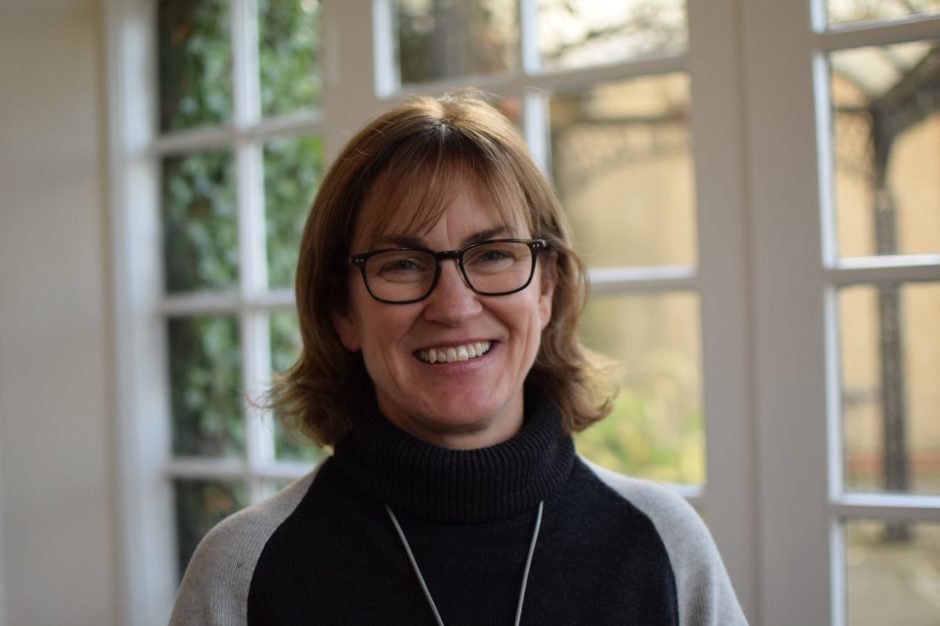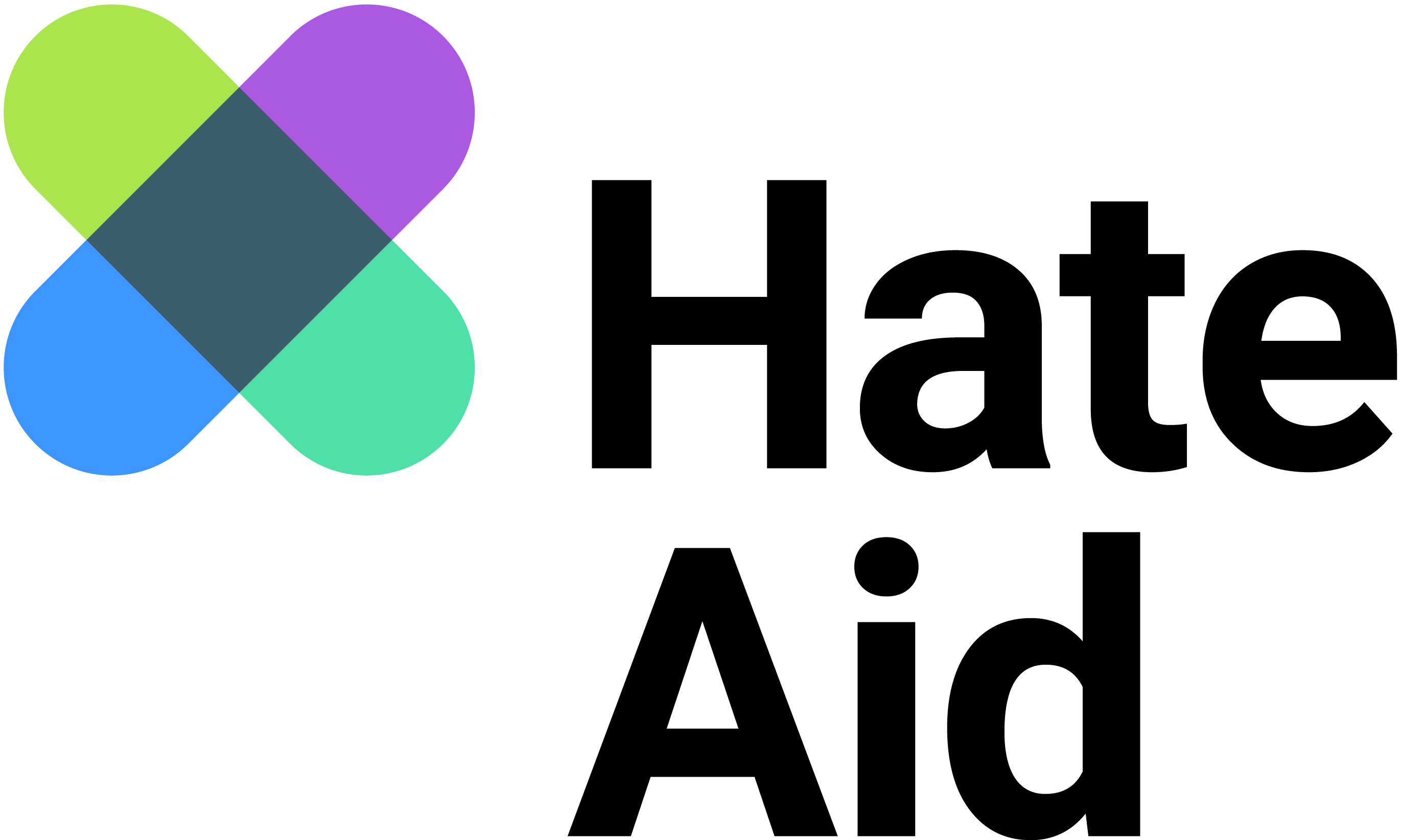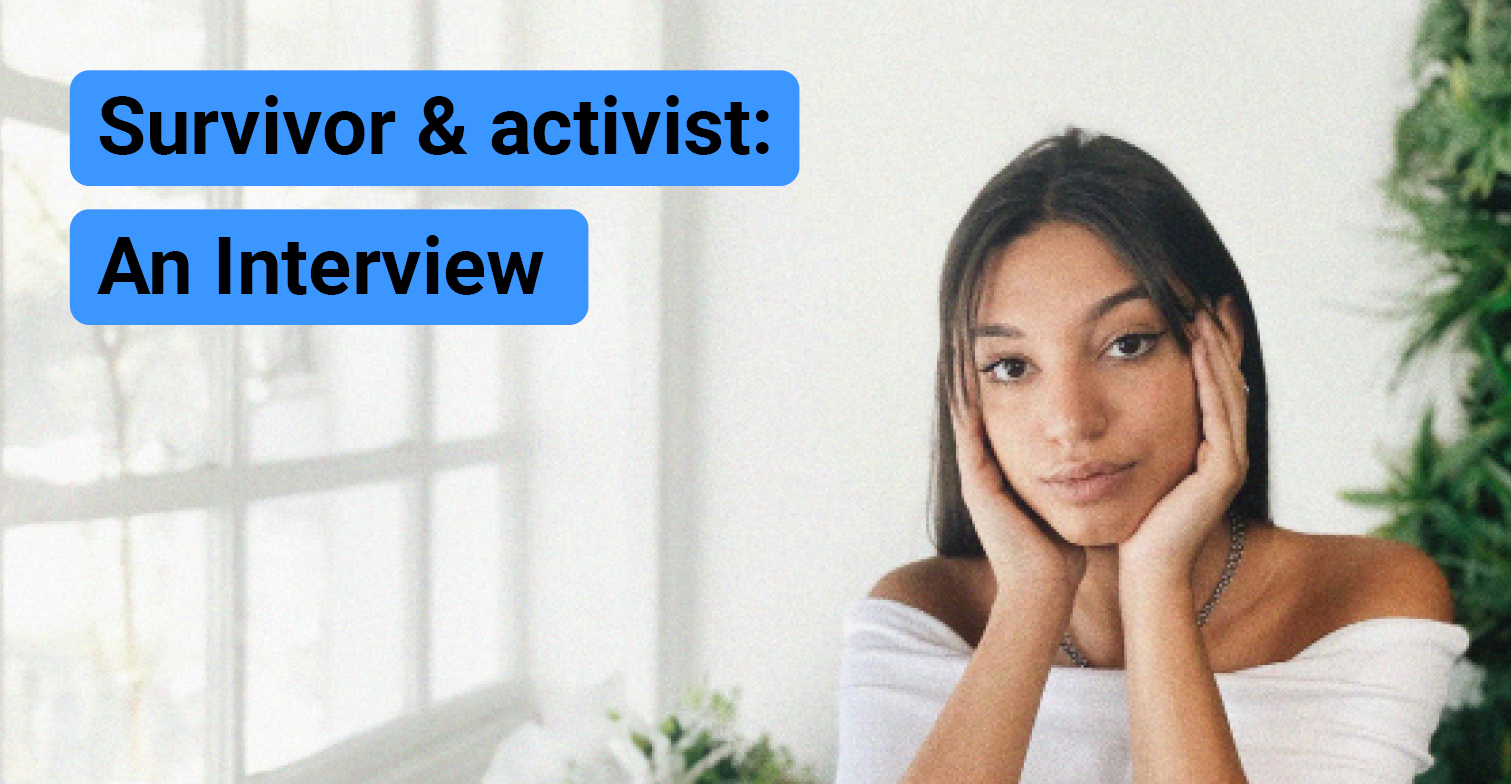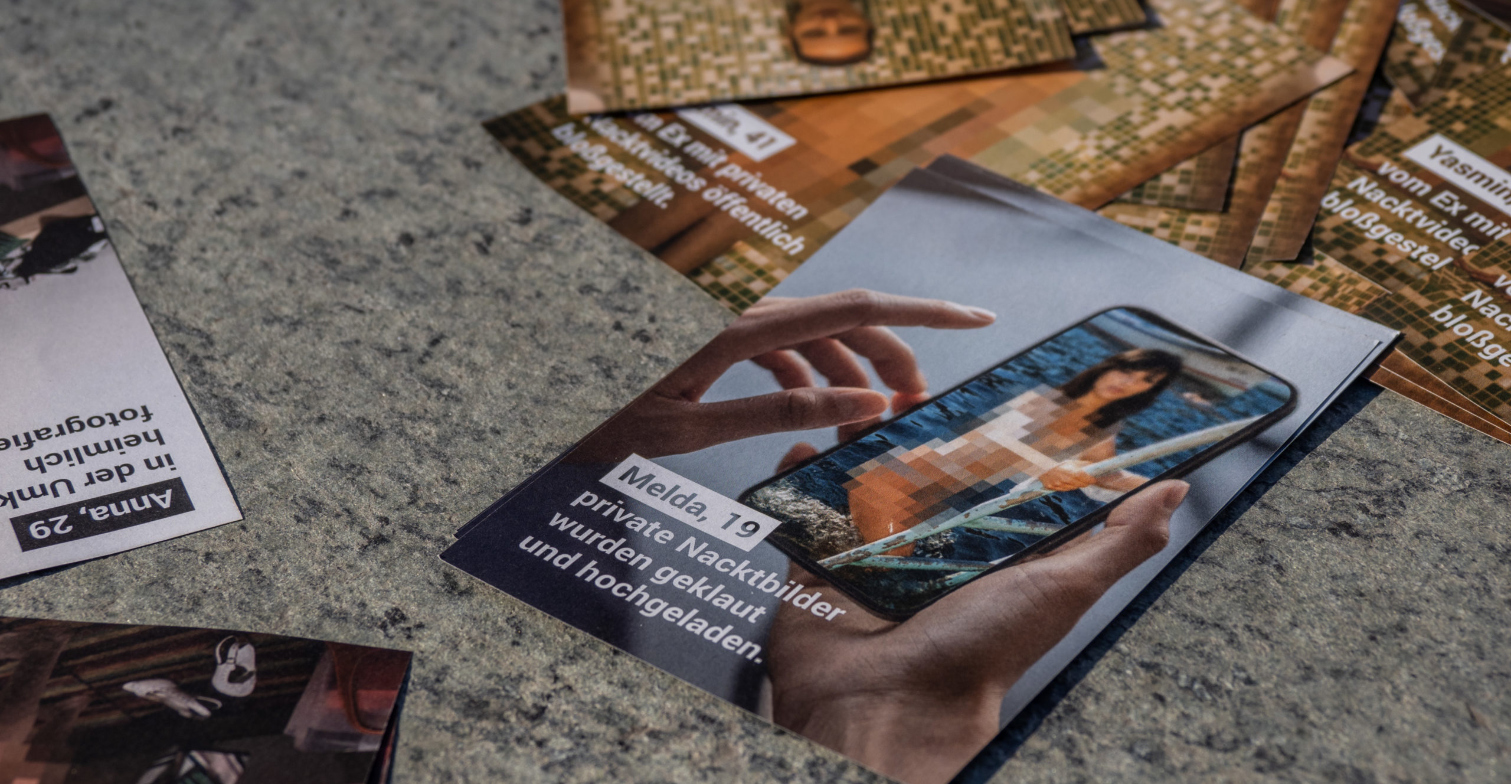
Interview with Prof. Clare McGlynn: Image-based abuse on the internet has very real effects on women’s lives
More and more women all over Europe are sexually defamed or abused online. Recent data reflects on how dramatic the situation is: Every second young woman or girl has already experienced sexual abuse on social media (German content source).
Clare McGlynn, Professor of Law at Durham University in the United Kingdom, has been fighting for the rights of women across Europe for over twenty years now. She’s an expert on laws relating to pornography, image-based sexual abuse and sexual violence. She knows about the severe harms that image-based abuse like dickpics, cyberflashing, revenge porn or fakeporn can cause.
We’ve had the chance to interview her about the situation for victims of image-based abuse, urgent demands on EU policy makers and her ideas on how all of us can fight for the rights of affected women & girls:

Why is there still so little known about the nature and harms of image-based abuse?
Professor Clare McGlynn: There is a growing body of academic research which has worked with victims to explore the nature and harms of image-based sexual abuse. However, the public do not yet fully understand how devastating such abuse can be because it is often trivialised in the media. There is still an assumption that because such abuse takes place online that it is not as serious. But online abuse has very real effects on women’s lives.
What is so dramatic about intimate images being published? What problems do victims of image-based abuse face?
Professor Clare McGlynn: Some victims experience what they call ‘social rupture’ where their whole lives are disrupted by the abuse. It impacts on all aspects of their lives, their work, their family, relationships with friends, fear of going online. They divide their lives into ‘before’ and ‘after’ the abuse. They often feel extremely isolated due to the loss of trust of friends, family and people in general. They often come off social media and other online platforms. This adversely impacts their social and family lives, as well as possibly having adverse professional impacts.
It also means that the sources of relaxation and enjoyment for many of us – social media and using our phones and other technology – become places of fear and trauma for victims.”
What kind of people spread such intimate pictures or videos on the internet without consent of the women and girls depicted? What are their intentions when doing so?
Professor Clare McGlynn: There are many different motivations for spreading intimate images or videos without consent, including to cause distress, for financial gain, for so-called humour or a laugh, for sexual gratification and to boost their status amongst groups of men.
For example, some men do it to shame and abuse former partners, sometimes as part of a broader pattern of domestic abuse. What we are seeing more and more is men sharing images in groups, for example on private WhatsApp or Facebook groups.”
They are doing this to boost their own status in their group; it’s about showing off and being part of the group. This is groups of men trading and sharing images – what we call ‘collector culture’.
What needs to be done by politicians and lawmakers, not only in the UK, but in the EU, to stop image-based abuse?
Professor Clare McGlynn: There needs to be a holistic, multi-pronged approach to tackling this abuse. We must have comprehensive criminal laws that cover all forms of image-based sexual abuse. This makes it clear that this behaviour is wrong and harmful. We must have holistic and well-resourced support for victims to get material taken down from the internet, to gain counselling if they wish it, and for legal support. We also need education and public information campaigns so that people better understand the nature and harms of image-based sexual abuse.
Is this a new phenomenon and how do you expect it to develop during the next years if not tackled by politicians and lawmakers?
Professor Clare McGlynn: The real risk now comes from artificial intelligence producing fakeporn, often called ‘deepfakes’ and from the metaverse, virtual reality apps. Fakeporn is increasingly common and the harms women experience, whether their images and videos are ‘real’ or faked’, is the same. Similarly, we are already seeing women being abused and harassed in the metaverse and virtual reality apps, showing that social media companies have not yet learnt to address potential abuse in the design of their products. We are likely to be leading lives using AI and virtual reality in the near future.
We have to take action now to ensure that the rampant abuse against women and girls that we currently see on social media is not simply reproduced and expanded in the new metaverse.”
Are you affected by image-based abuse online? We are here for you!
Our counsellors are there to help you if you are attacked online. For example, if nude pictures or other intimate images of you have been published online without being asked.
* German Content; we are able to help all victims who experience digital violence in Germany

Are you affected by image-based abuse online? We are here for you!
Our counsellors are there to help you if you are attacked online. For example, if nude pictures or other intimate images of you have been published online without being asked.
* German Content; we are able to help all victims who experience digital violence in Germany
What can everyone else do to support this matter?
Professor Clare McGlynn: We all have a role in calling-out abusive behaviours, if we can, whether it is online or in person. We can all talk to friends, family and children about the often devastating impacts of image-based sexual abuse and why it must be tackled.





